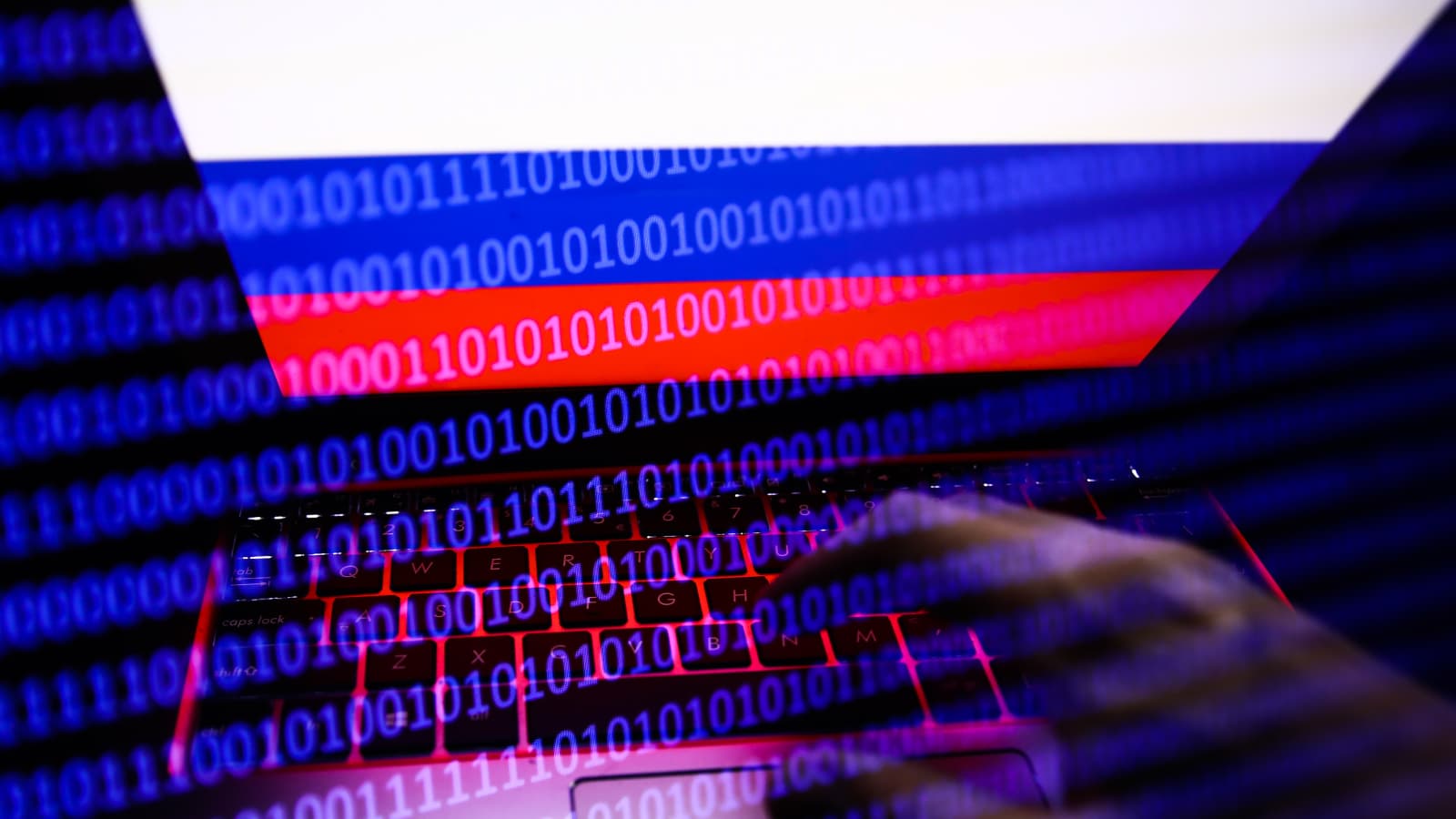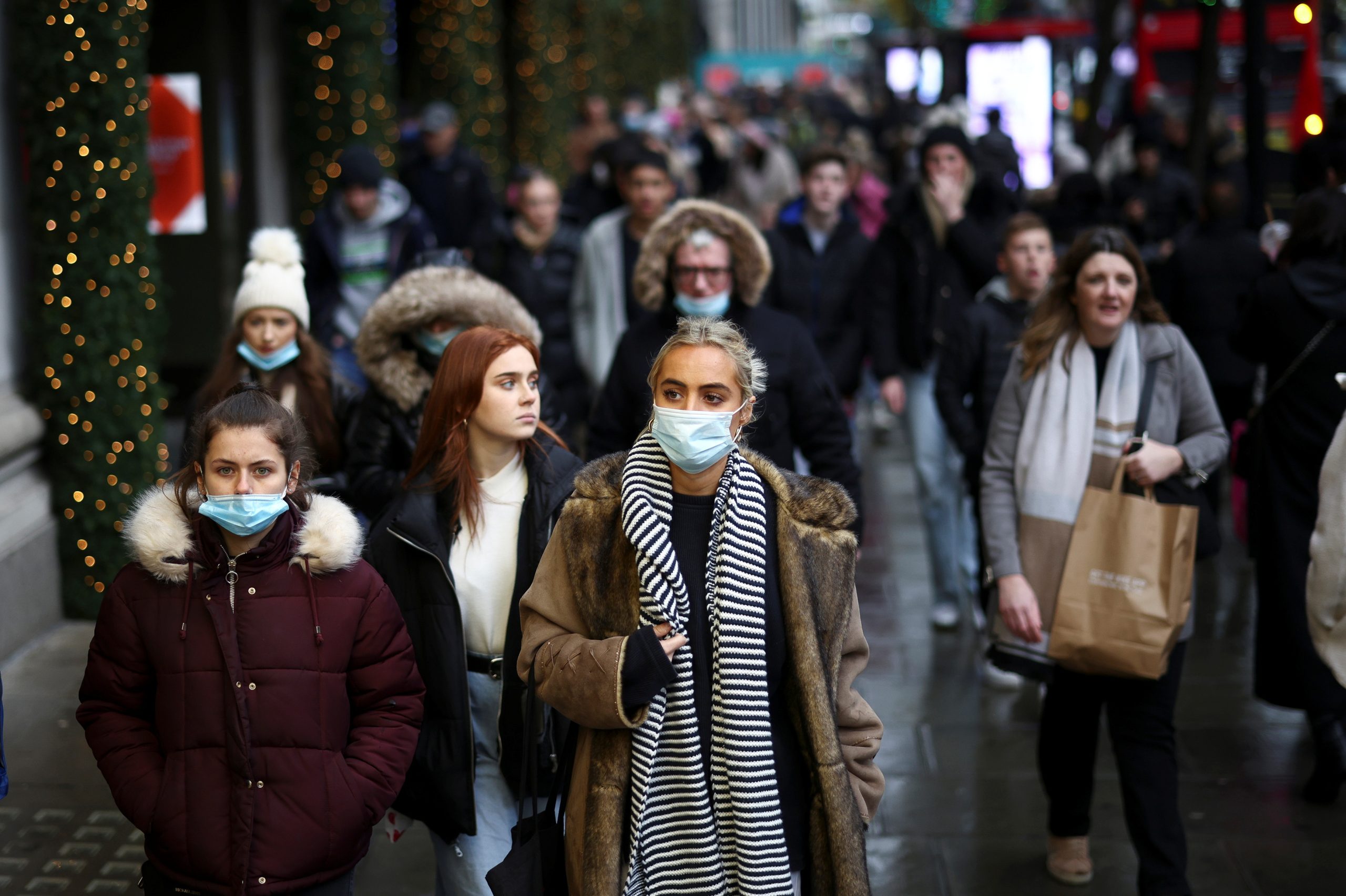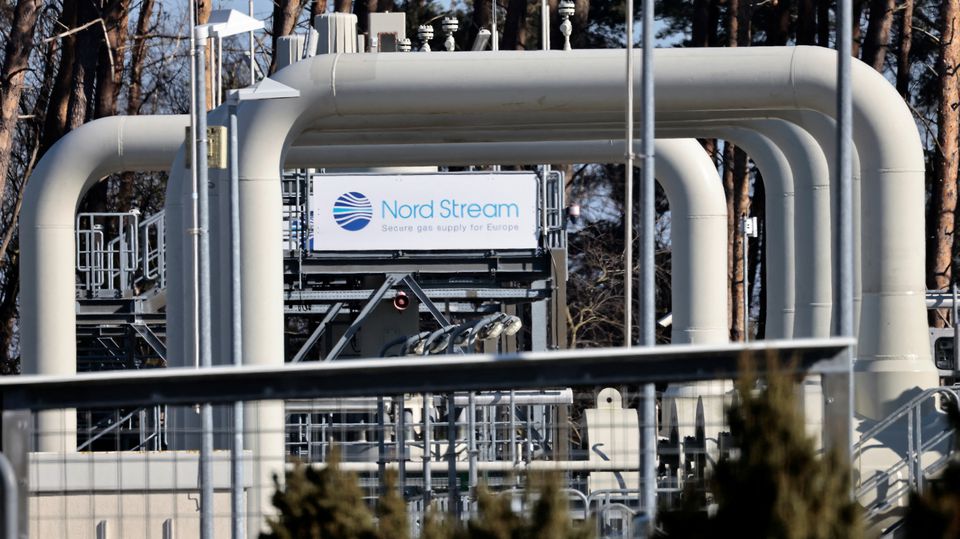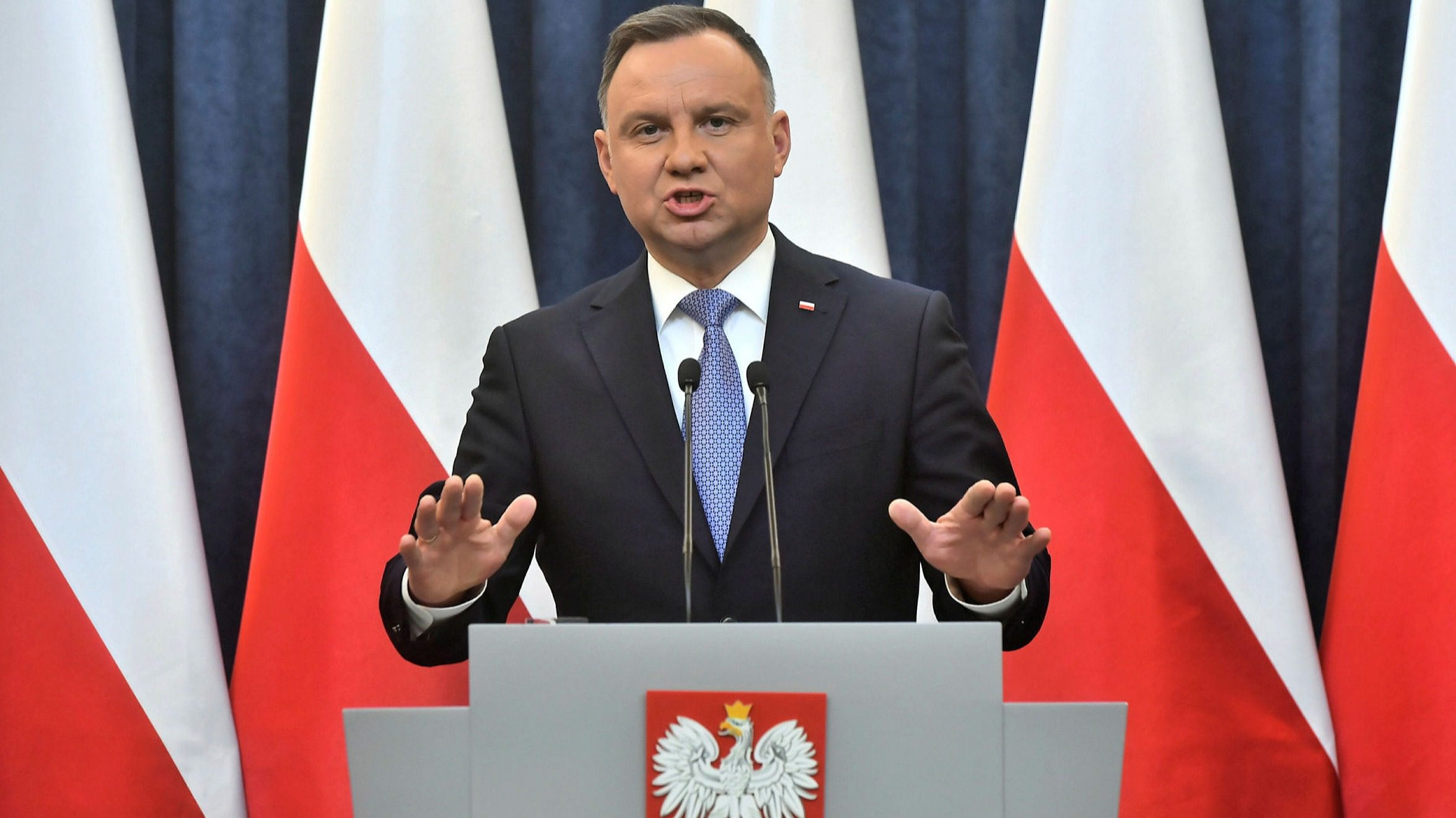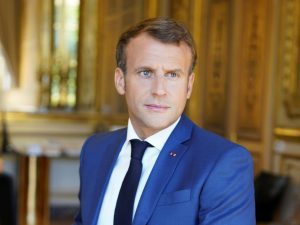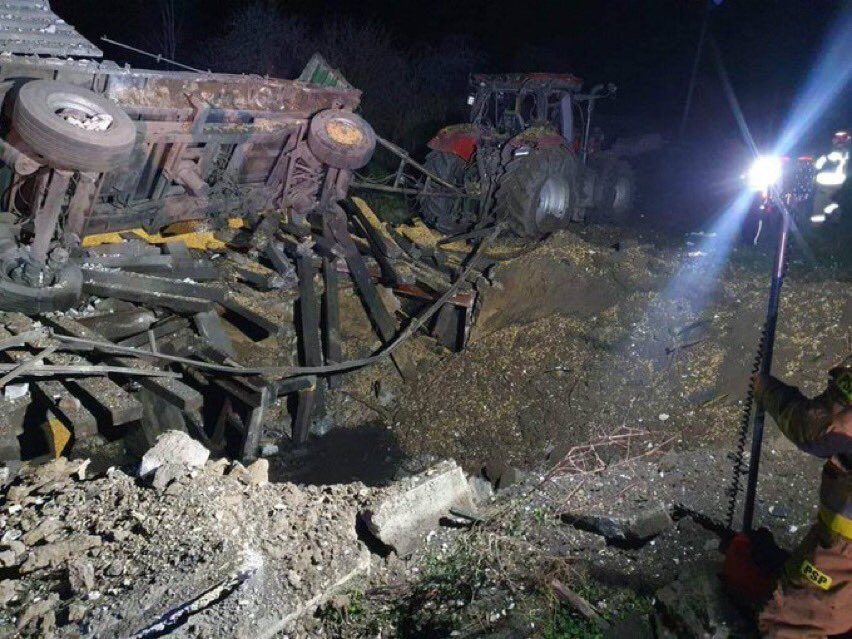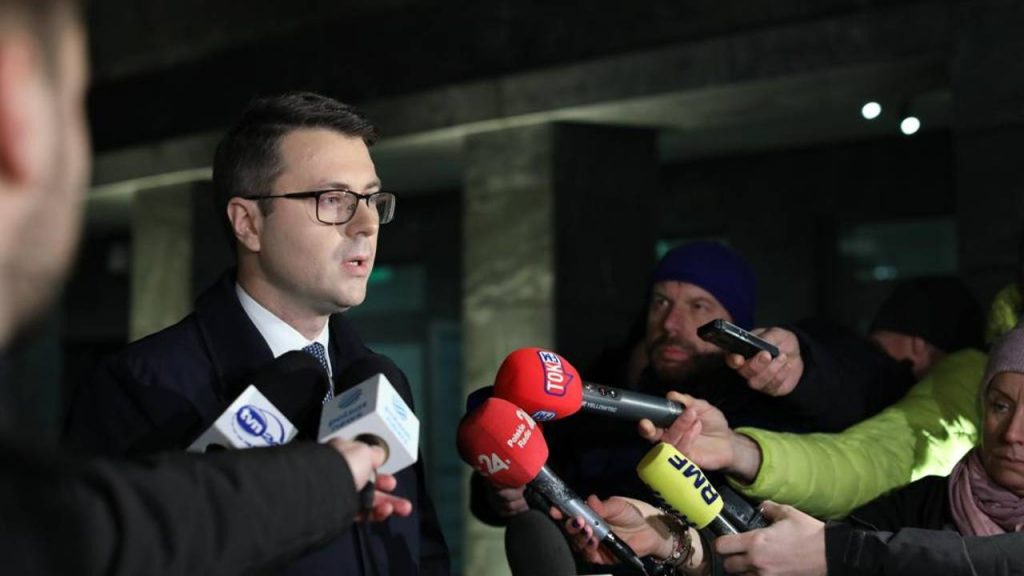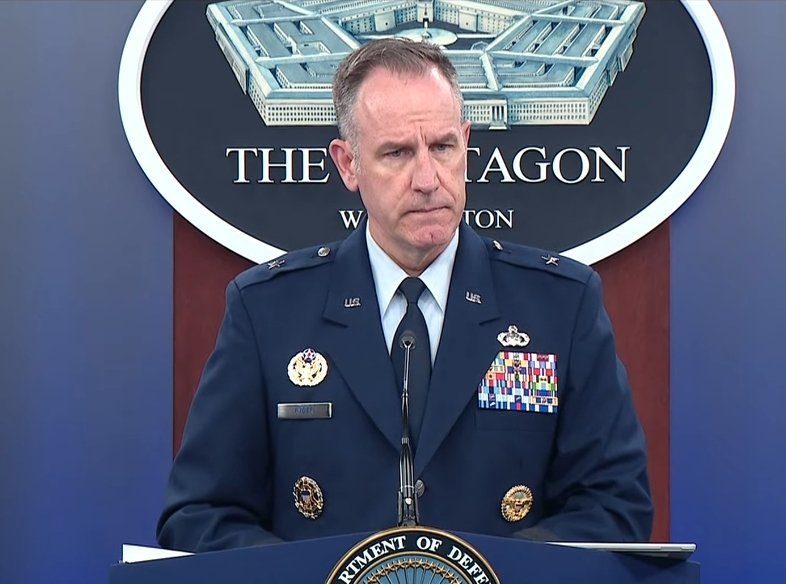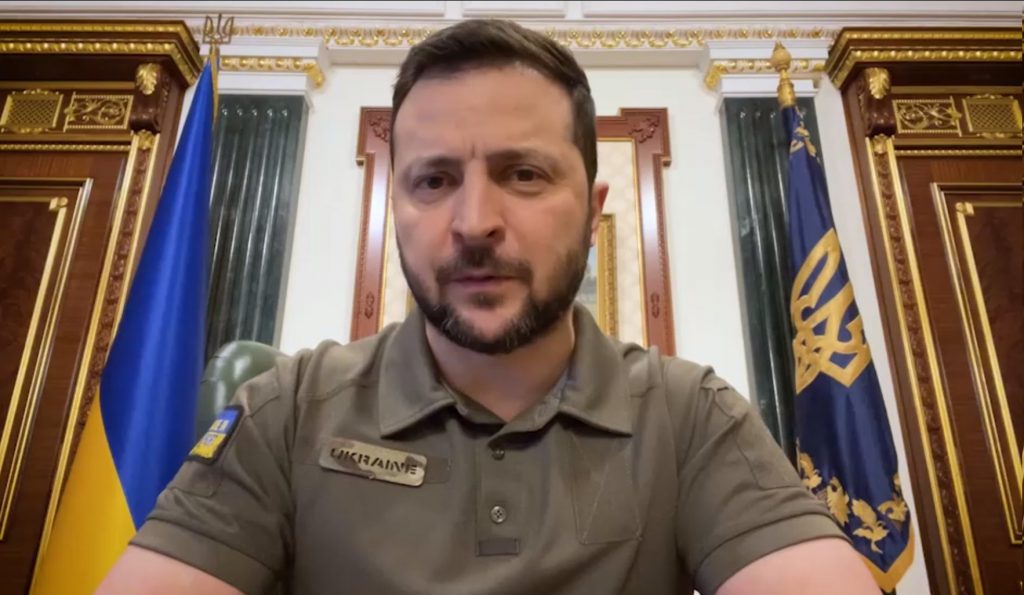As the war in Ukraine rages on, Russian strategists are taking the battle online in a bid to turn the tide
Russia has made slow progress in its bid to conquer Ukraine.
Mounting military failures and unexpected resistance from Ukrainian fighters has led to much slower progress for President Putin’s campaign.
Russia is facing the prospect of further EU sanctions, as well as mounting dissatisfaction within the country about the slow progress of the conflict.
U.S. Military Veteran Ricoh Danielson told Ticker NEWS the Russian military is in desperate need of victory.
He says troops need to some success to maintain morale, something the “demoralised” Russian military is currently missing.
“A battalion actually… runs on morale and welfare,” he says.
But Danielson says the offensive is slowly becoming more organised.
“They are slowly moving to a more strategic and also defensive posture to obtain more real estate. And that’s kind of what they do, they slow it, they move into these big slow machines, and get what they need.”
Ricoh Danielson, U.S. Army veteran
Because of this, Danielson is expecting the war to get progressively worse.
“We’ll probably see more strategic manoeuvres from Russia, we will probably see a lot more aggression.”
Increase in threat actors
One method Russia may use to escalate the war is by increasing the number of threat actors in operation.
A threat actor is a person or group who attempts to attack elements of the cyber world including computers, online systems and networks.
Danielson says there has been “an uptick” in Russian threat actors since the start of the war.
He says Russian threat actors can target anything from critical infrastructure to government networks.
Recently, there has been evidence they are specifically targeting the financial sector to cause economic damage and loss to their adversaries.
As cyber attacks are not a traditional form of warfare, it means Russia can expand the scope of their offensive.
While they are lodged in conflict with Ukrainian threat actors, Danielson says Russia is also “launching attacks” on the U.S. and other nations.
He says they are trying to “cause damage to countries… who are partaking in the sanctions.”
He is also not ruling out the possibility of Russia enlisting other nations to help it fight a global cyber war.
“I wouldn’t be surprised that they reach out to some of their known other threat actors, such as North Korea, China to get in the fight with them. For force multiplication.”
Ricoh Danielson, U.S. Army veteran
Russia’s cyber war
According to Danielson, Russia has always been “number one” in terms of cyber warfare and tactics.
“They’re just dominating the cyberspace.”
Ricoh Danielson, U.S. Army veteran
They are also a big producer of both malware and ransomware, which they use to target innocent civilians.
“You’re probably going to see an uptick on ransomware as a service, which is when they try to extort money from you, to you know, get victims,” Danielson says.
They may also use traps to lure unsuspecting customers and consumers into gaining access to their company infrastructure.
Danielson also notes how Russia is targeting networks for critical infrastructure, such as those used for power plants, banks and schools among others.
“It’s starting to rear its ugly head again,” he says.
Bryan Hoadley contributed to this report



 News3 days ago
News3 days ago


 News5 days ago
News5 days ago


 Leaders3 days ago
Leaders3 days ago


 Shows3 days ago
Shows3 days ago


 News3 days ago
News3 days ago


 Docos5 days ago
Docos5 days ago


 Leaders4 days ago
Leaders4 days ago


 Leaders4 days ago
Leaders4 days ago

